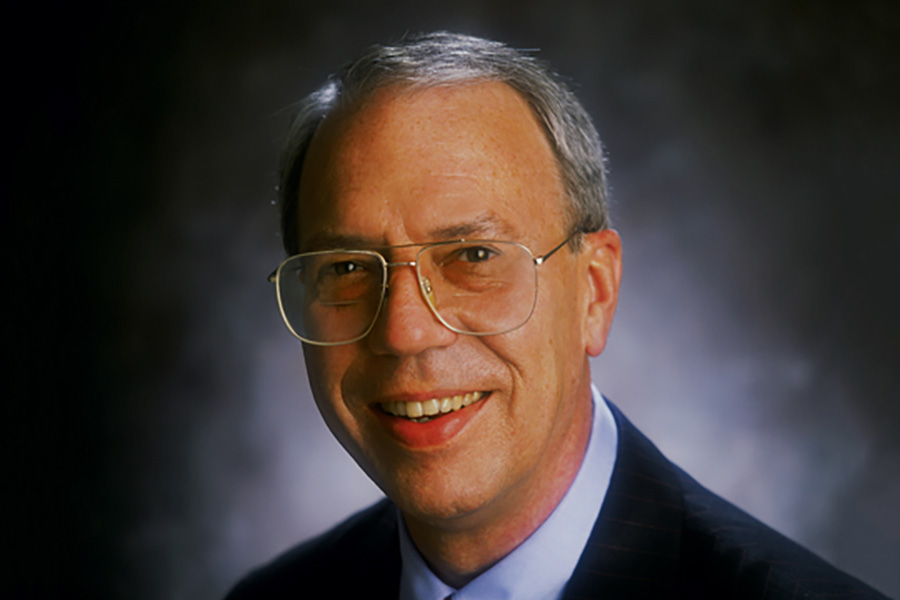The Florida State University community mourns the loss of esteemed chemist and noted inventor Robert Holton, whose groundbreaking synthesis of the cancer drug Taxol made it widely available to patients around the world.
Holton died on May 21 at the age of 81.
“Dr. Holton’s extraordinary contributions to science saved countless lives,” said FSU President Richard McCullough. “Most scientists dream of having that kind of impact. His story has inspired generations of chemists to pursue drug development in hopes of improving lives through science and innovation.”
 Holton’s synthesis of Taxol marked a major breakthrough in cancer treatment. His work was licensed to Bristol Myers Squibb, which brought the drug to market.
Holton’s synthesis of Taxol marked a major breakthrough in cancer treatment. His work was licensed to Bristol Myers Squibb, which brought the drug to market.
When approved in 1993, the National Cancer Institute called Taxol the most important cancer drug developed in the previous 15 years. According to the National Institutes of Health, more than one million patients have since been treated with it.
Holton and his wife, Marie Krafft, joined the FSU Department of Chemistry in 1985. Krafft, also an internationally recognized researcher, died in 2014. The Krafft Professorship Program at FSU honors her legacy and was established with royalties from the commercialization of Taxol.
“Bob Holton was a gifted scientist and distinguished FSU alumnus whose synthesis of Taxol was a landmark achievement,” said Sam Huckaba, dean of the FSU College of Arts and Sciences. “For many years, he and Marie helped elevate the Department of Chemistry and Biochemistry’s national reputation. His Taxol patent led to life-saving treatments and transformative impact.”
In the 1960s, researchers at the National Cancer Institute isolated paclitaxel from the bark of the Pacific Yew tree, discovering it inhibited cancer cell division by stabilizing microtubules — a novel mechanism that proved highly effective in chemotherapy.
In 1989, Holton and his team at Florida State University developed a groundbreaking semi-synthetic process to produce Taxol from 10-deacetylbaccatin III, a compound more readily available from renewable sources. This method enabled large-scale production of the drug, leading to its commercialization by Bristol Myers Squibb in the early 1990s.
Building on this success, Holton’s team achieved the first total synthesis of Taxol in 1994, marking a significant milestone in organic chemistry. This accomplishment was the result of a highly competitive international race among leading research groups.
In 2018, Holton was elected a fellow of the National Academy of Inventors in recognition of his pioneering research.
At the time, Holton said, “I have always been drawn to difficult problems, and synthesizing Taxol was a big one. Seeing the drug’s success in treating so many patients has been an incredibly gratifying experience.”
Following the success of Taxol, Holton continued to teach and conduct research. He co-founded Taxolog, Inc. with colleague Lewis Metts to develop and commercialize new taxane-based drugs for cancer and other diseases.
He retired from Florida State University in 2023.



